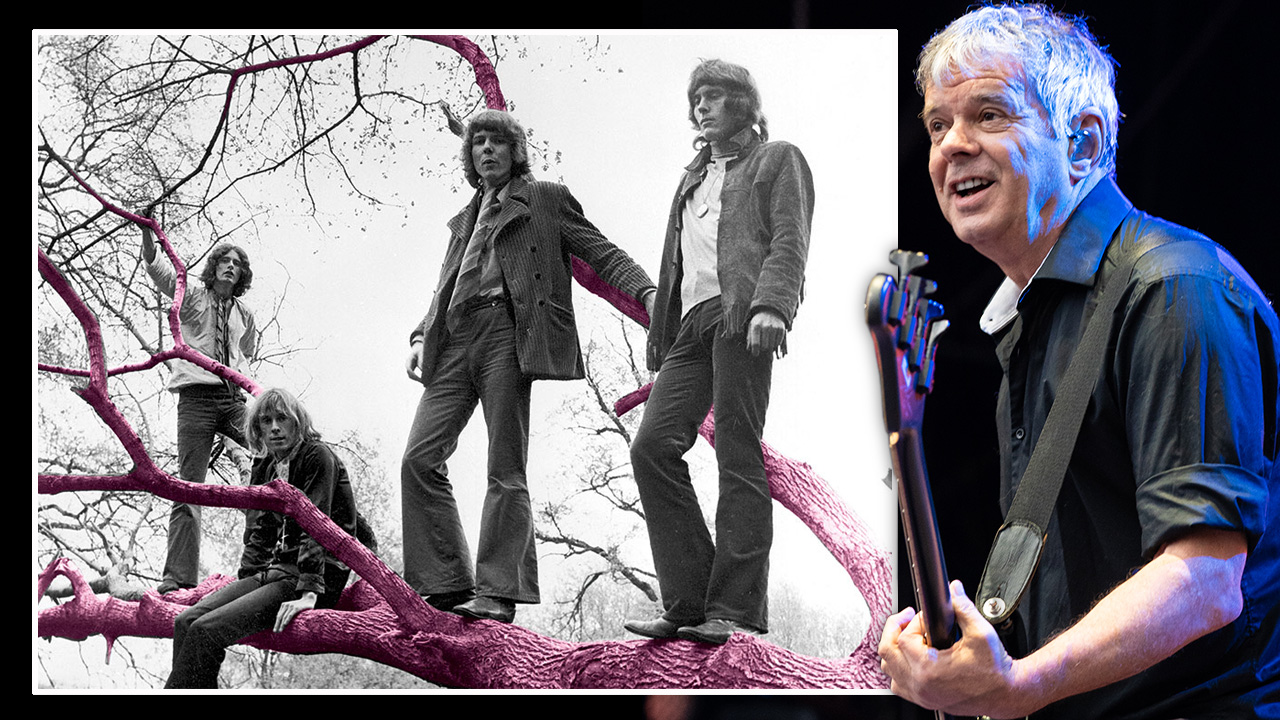In 2009 Stranglers bassist JJ Burnel dispelled the myth that punks hated prog, and illustrated his point by telling Prog how a Caravan song had come to heavily influence one of the biggest-selling punk albums of all time.
“I got into listening to prog rock through Dave Greenfield, the Stranglers keyboard player. When he joined the band about a year after me, he would play me a lot of different types of music, including quite a bit of prog – he was a big fan of Yes. And I did grow to like some of the music.
"The problem is: how do you define the term ‘prog rock’? It’s such a broad church, isn’t it? This sort of music has the reputation of being musos’ music – and when we first began that certainly wasn’t what our band was all about. However, I think over the years we’ve become a musos’ band, which has helped me to appreciate what it’s all about.
"I’m not someone who’s dedicated to any one band. I’m more into the songs than anything. And there’s one that always sticks in my mind, because I really believe it to be amazing – In The Land Of Grey And Pink by Caravan, from the 1971 album of the same title.
"The first time I heard the song I’d smoked a lot of dope and it just blew me away. I loved the way it was arranged and the intricacies going on. To me, it was the sort of music in which you could enjoy getting lost. It made such a major impact on me that you can hear the influence running through the Stranglers song Down In The Sewer from our debut album (1977’s Rattus Norvegicus).
What right did Johnny Rotten have to slag off Pink Floyd or Genesis, when he was in a boy band called the Sex Pistols?
"I’m not sure how many people know this, but it’s actually a suite. We put together four different parts to make up the final song, and as such I guess it was a progressive rock number. It’s over seven minutes long – and a lot of the way I arranged the song was down to listening to that Caravan track.
"I think there’s an awful lot of bullshit spoken about what is and isn’t punk or prog rock. Who makes up these rules? There are songs we’ve done over the years that could be seen as prog – and I wouldn’t deny it. Back at the start of the punk explosion, it became cool to slag off prog rock bands in public, because we were all supposed to hate ‘the hippies.’ But what do you think these punk musicians were doing when they got home? Listening to the bands they’d been having a go at!
"We got caught up in this nonsense for a short while, but then realised it was a load of toss. What right did Johnny Rotten have to slag off Pink Floyd or Genesis, when he was in a boy band called the Sex Pistols? Once we got out of that rut – having been ostracised by so many of the ‘cool’ punk bands who’d been our friends a few months earlier – we became a lot more open to being honest about what we liked and what we didn’t.
"Another prog rock classic for me is Owner Of A Lonely Heart by Yes. I love the way Trevor Horn arranged it – the sound is stunning. Now, is that regarded as being true prog? It comes back to this whole thing about rules, and putting music into bags. If you really are a fan of progressive rock, then you have to have an open mind for everything.
"When we did the song Walk On By [their Burt Bacharach cover on 1978’s album Black And White], we turned it into something of an epic. Was that a prog rock interpretation? I’d say it probably was – but then somebody else might disagree.
"What is and isn’t prog comes down to your understanding of the term, and how diverse your taste can be. But for me, it always comes back to In The Land Of Grey And Pink. The mere fact that I’m still going on about after all these years shows what sort of an impression it made on me.
"And it doesn’t really matter if I never heard anything else from that band – you can hear the influence in my music.”




